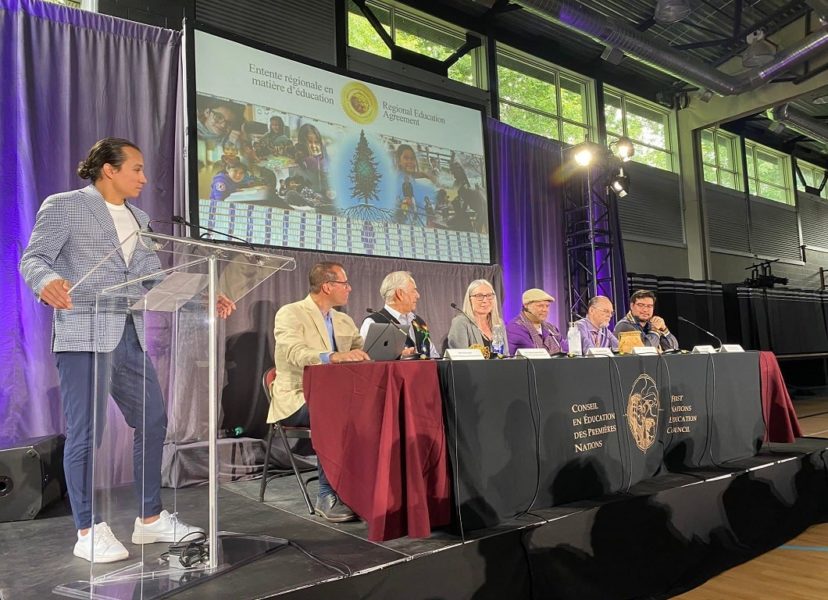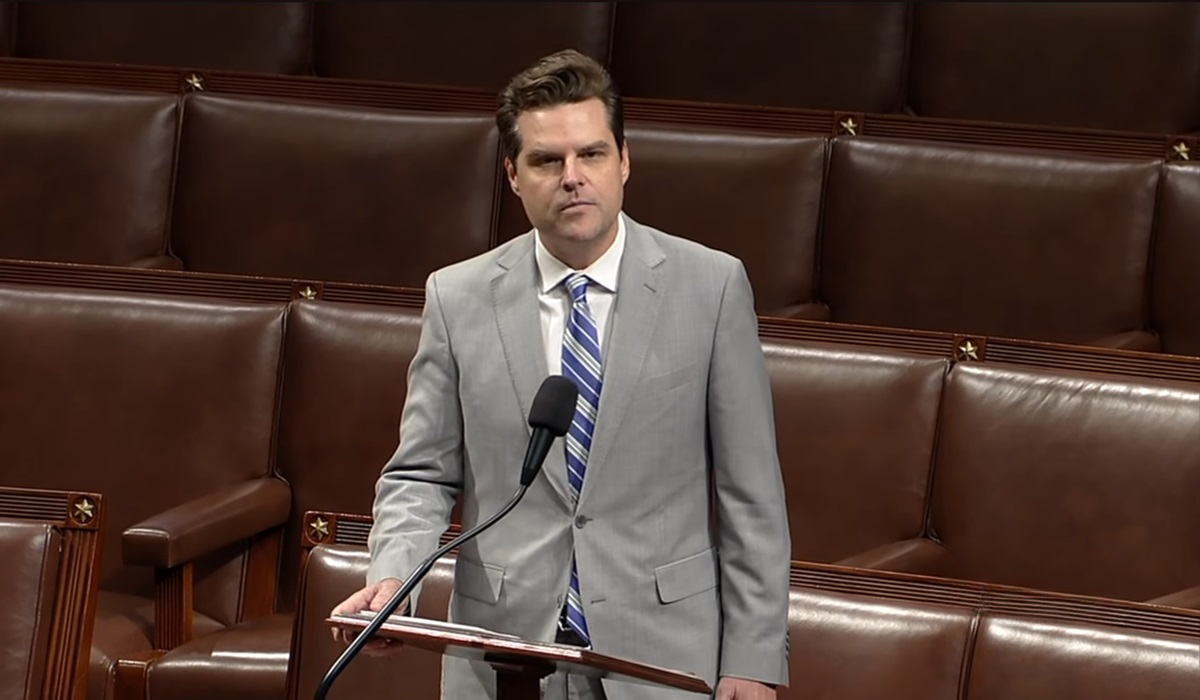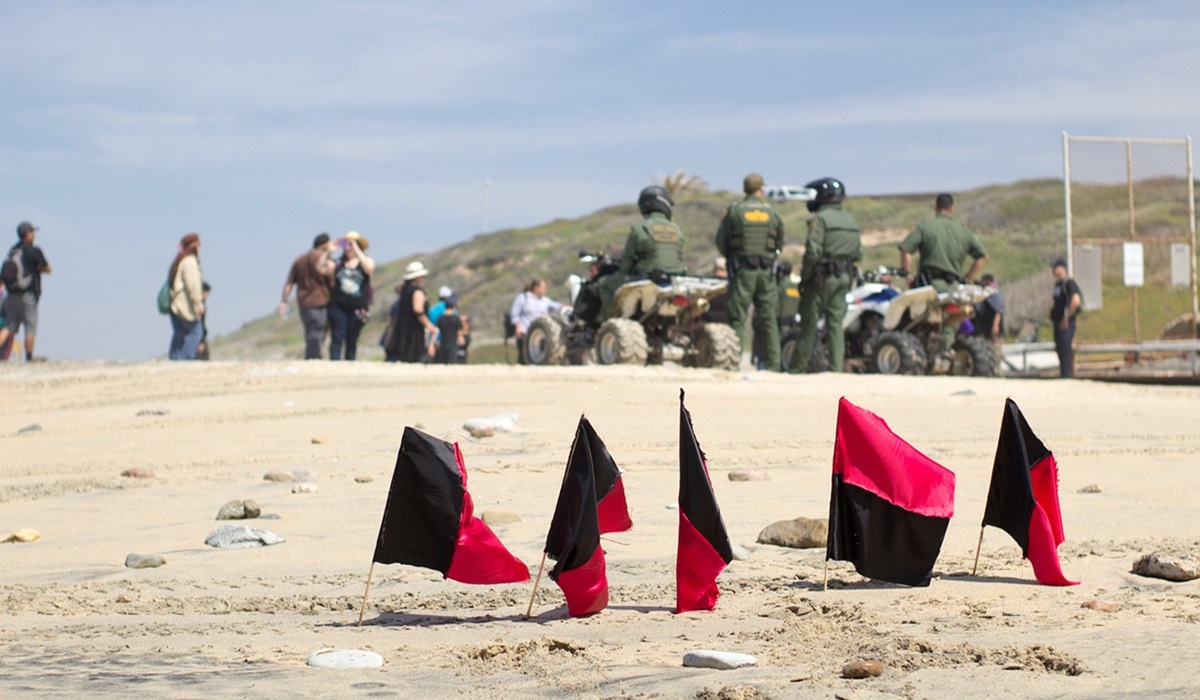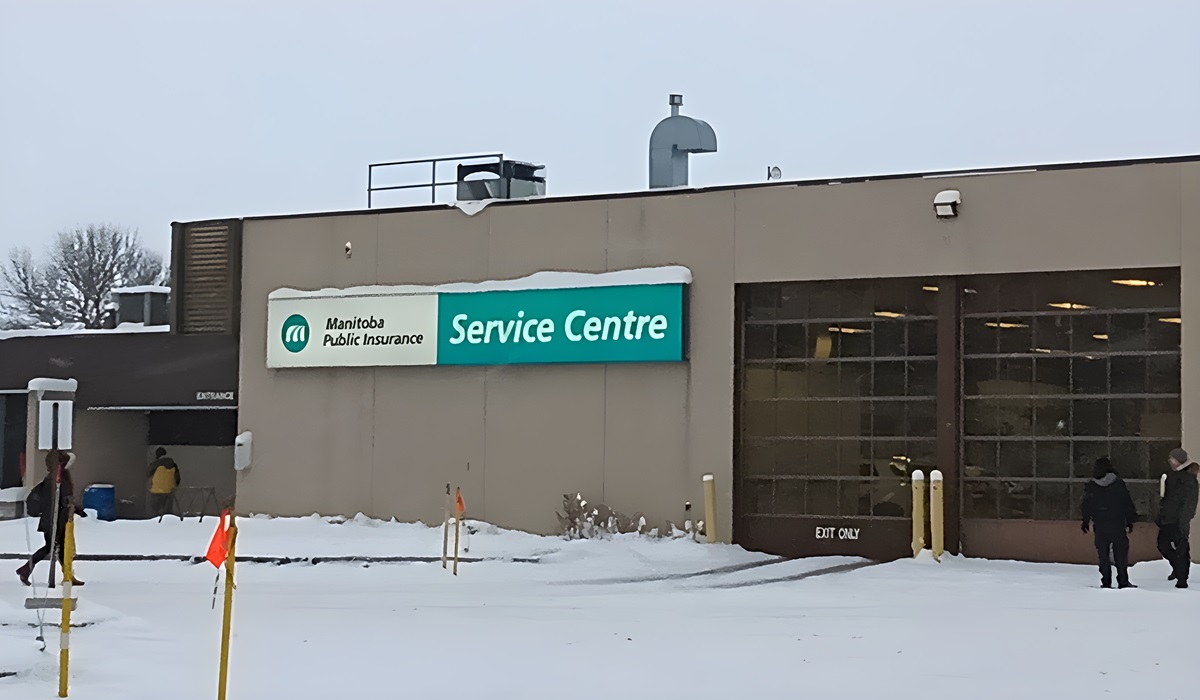$1.1 Billion Education Agreement Signed By The Government of Canada, Quebec & 22 First Nations Communities
- Maryam Ahmed
- Breaking News
- Indigenous
- July 15, 2022

Government of Quebec Works With First Nations Communities To Implement Culturally Relevant Educational Programs
A monumental step has been made towards educating First Nations children in Quebec by implementing programs tailored to help them succeed in the classrooms. The Grand Chiefs and Chiefs of the First Nations Education Council (FNEC) and the Honourable Patty Hajdu, Minister of Indigenous Services, gathered in the Kahnawà:ke Mohawk Territory to sign a historic regional education agreement.
The First Nations Education Council (FNEC) is an association that is based on the collective strength of its 22 member communities to provide quality education to First Nations children in Quebec.
The FNEC represents 24 elementary and secondary schools and approximately 5,800 students across eight First Nations in Quebec.
This agreement between the FNEC, its 22 member communities, and Indigenous Services Canada will provide approximately $1.1 billion over five years for communities to implement education programs that will support the academic success of First Nations students. Through Indigenous Services Canada, $310.6 million in new funding was announced for this agreement in Budget 2022 and will complement approximately $790 million through existing education funding streams.
Before contact with Europeans, Indigenous peoples educated their youth through traditional means — demonstration, group socialization, participation in cultural and spiritual rituals, skill development, and oral teachings. The introduction of European classroom-style education as part of a larger goal of assimilation disrupted traditional methods and resulted in cultural trauma and dislocation. Reformers of Indigenous education policies are attempting to reintegrate traditional teachings and provide more cultural and language-based support to enhance and improve the outcomes of Indigenous children in the education system.
The result of 10 years of hard work, this agreement is based on a funding formula entirely designed by and for First Nations members of the FNEC. This agreement will ensure that the education needs of students, from kindergarten to Grade 12, are fully funded and based on community models, priorities, and realities. As a result, this agreement will allow for a culturally appropriate curriculum; improved funding for school transportation; recruitment and retention of more than 600 teachers and specialized resources; improved student success; increased student retention and high school graduation rates.
“Through the signing of this historic agreement with the First Nations Education Council today, First Nations children in Quebec will have better learning and education opportunities. It is because of the determination of the First Nations Education Council and the 22 communities involved that this agreement could happen, and it will keep children connected to their language and culture through their schooling. This is what reconciliation looks like when we work together in partnership.” said Honourable Patty Hajdu, Minister of Indigenous Services.
This agreement continues the critical work underway as the Government of Canada remains committed to working with First Nations to help close the educational gap between First Nations and non-Indigenous Canadians.
This approach aligns with Article 14 of the United Nations Declaration on the Rights of Indigenous Peoples; and Calls to Action 7, 8, and 12 of the Final Report of the Truth and Reconciliation Commission of Canada. It calls for the Government of Canada to provide quality education to First Nations while respecting the principle of First Nations’ control over First Nations education.
This initiative also contributes to the Government’s response to the Calls for Justice 2.3 and 4.4 of the Final Report of the National Inquiry into Missing and Murdered Indigenous Women and Girls.
Image credit, Honourable Patty Hajdu, Facebook Feed








